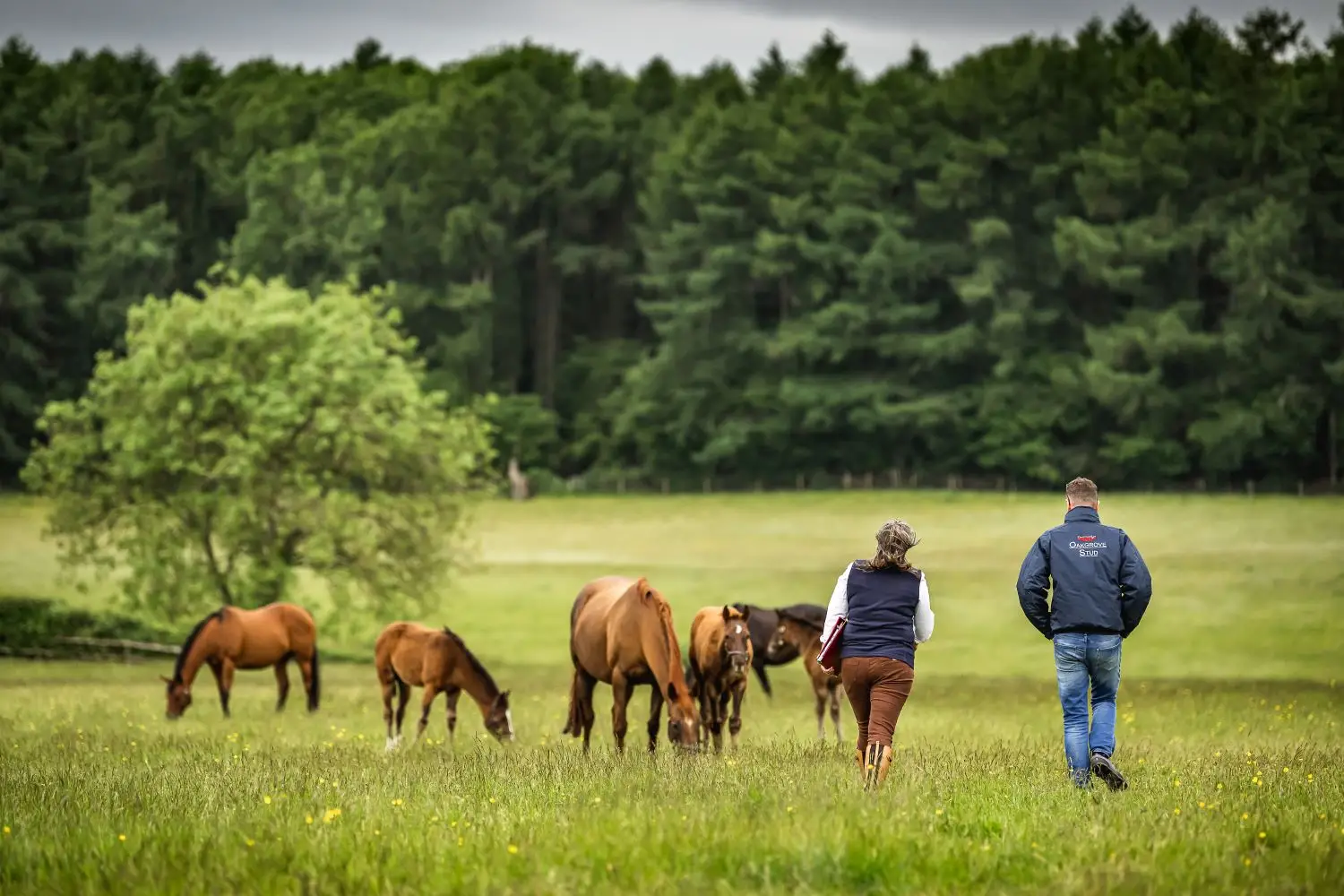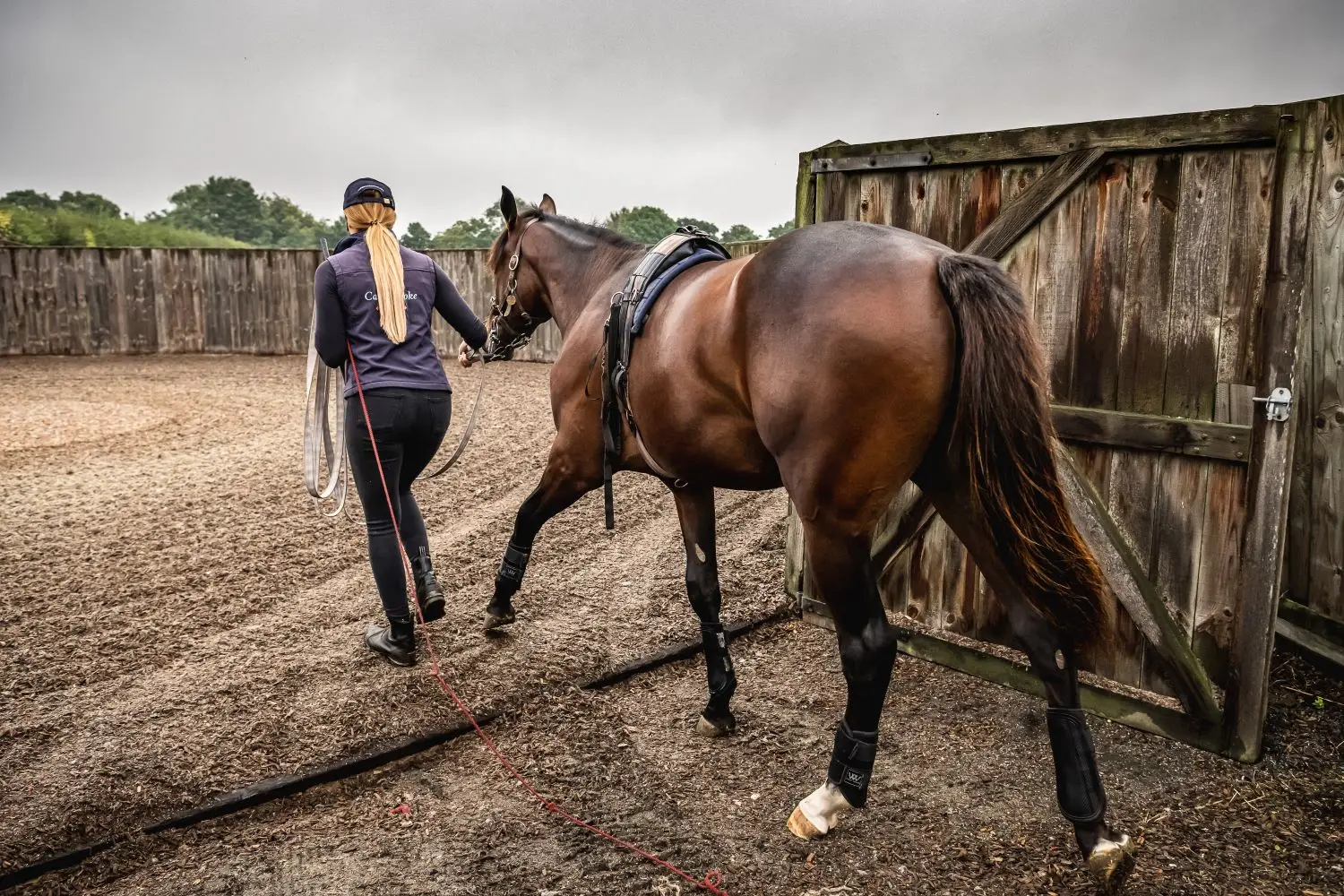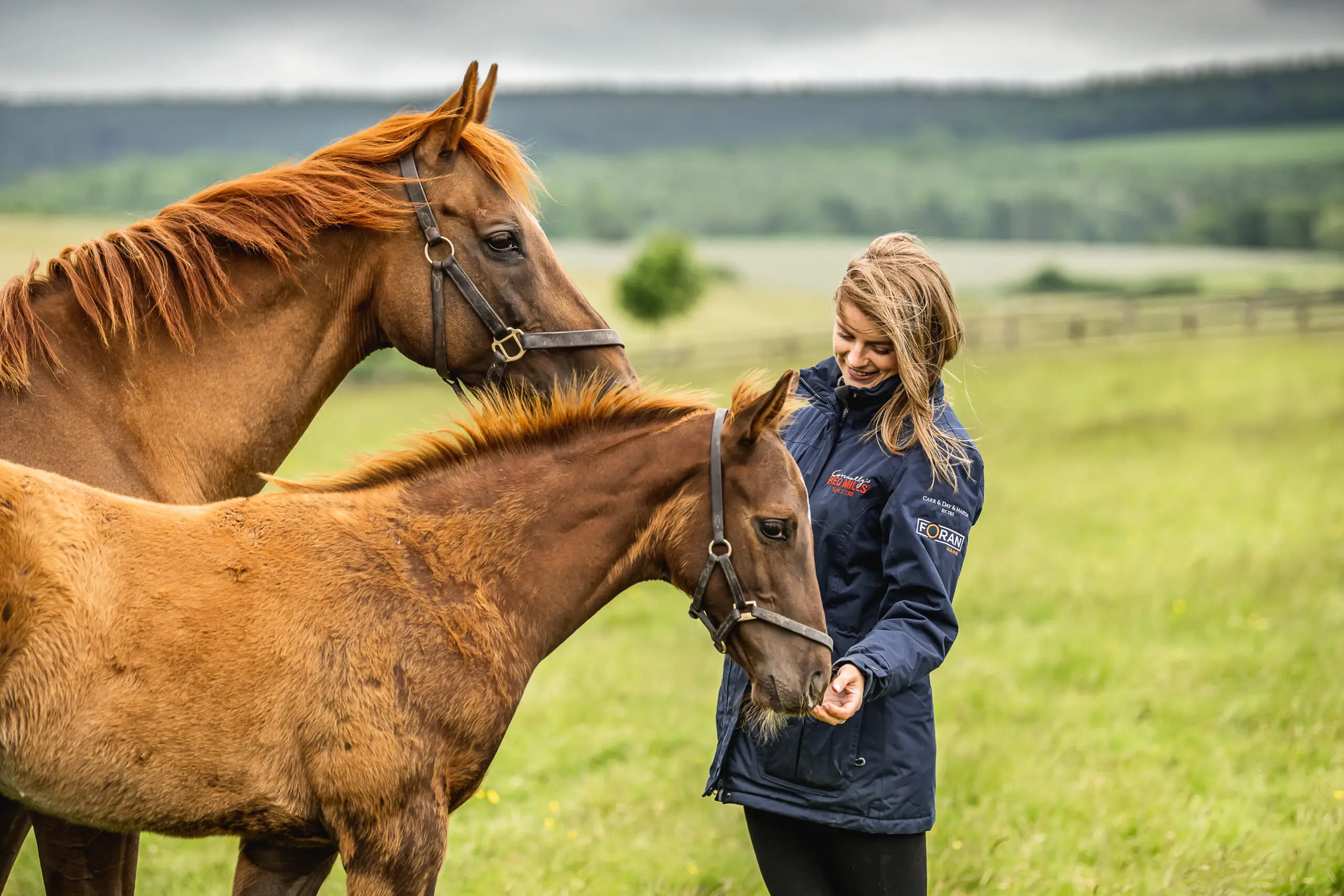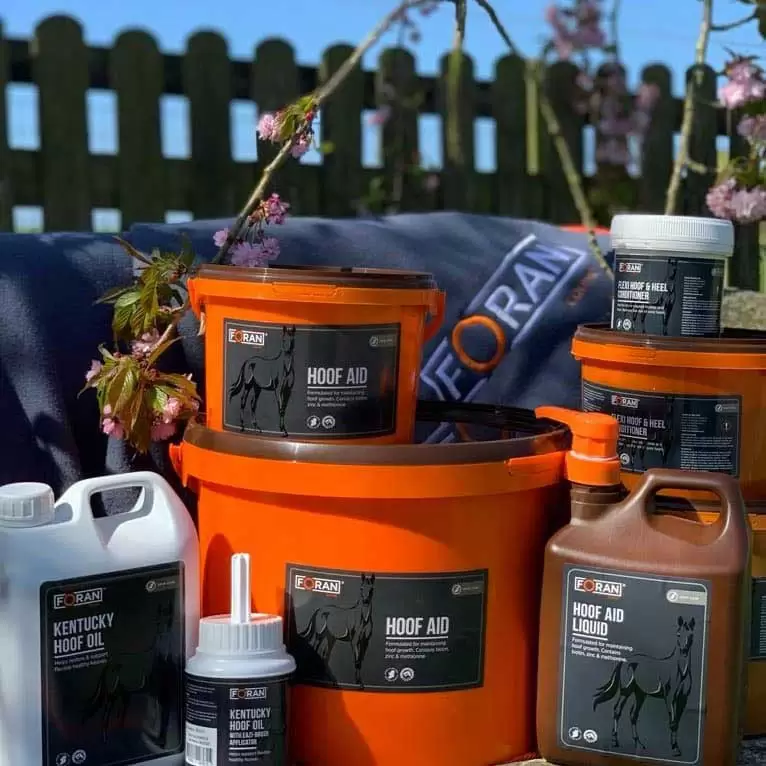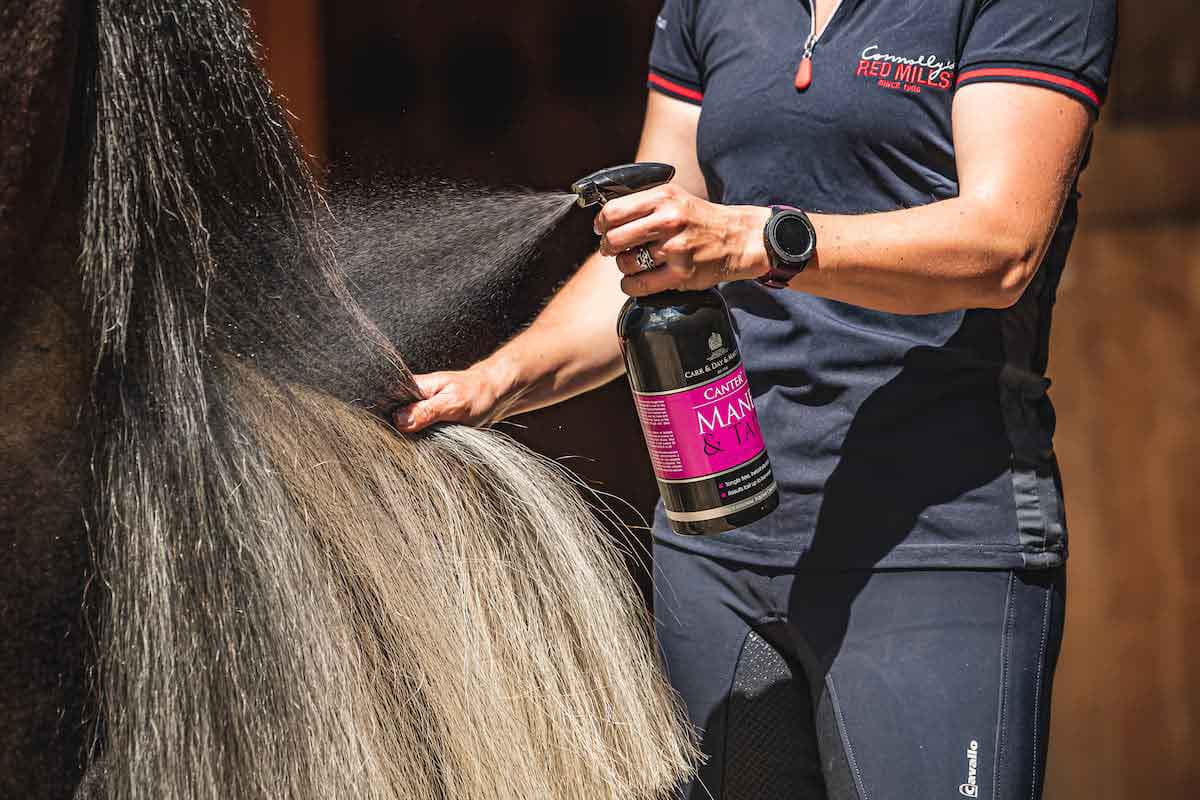Preparing the maiden mare for covering can be a daunting task, getting both the practical and nutritional management of these maiden mares right will be key to having a successful start to her breeding career, especially so for the older maiden mare.
The Turn Around Time to Prepare your Maiden Mare for Covering can be Limited
Maiden mares are often bought in the breeding stock sales late in the year, so the time you have to prepare for covering will be limited. The maiden mare may have been vetted for breeding suitability at the sales and once you have her home it will be a case of settling her into her new life. Veterinary checks or required tests such as EIA and EVA should be done early, as should the clitoral swab as well as ensuring she is up to date with key vaccinations such as EHV1-4. If your mare has come from another country there may be extra tests required prior to covering. Getting all the required tests and vet checks done as early as possible will avoid any unnecessary delays ahead of going to the covering shed.


The Transitioning Period for your Mare Between Racing and Breeding
Allowing your maiden mare time to wind down from the intensity of a life in training is key, providing turn out and light work will help to maintain a healthy level of fitness. Close monitoring of health status during the wind down period is very important, viral or bacterial infections could seriously impact fertility or delay when you can travel your mare. Maiden mares will be put “under lights” at some point from late November; this process along with optimising her nutritional intake may induce cycling and improve the chances of a successful covering early in the season.
Correct Nutrition is Vital for your Maiden Mare and Especially for Older Maiden Mares
The nutrition provided to the maiden mare will impact every aspect of her care including general wellbeing, temperament and most importantly fertility. If she has been in training she will have been receiving an excellent level of nutrition from a high volume of feed, this volume of feed may need to be reduced but the quality of nutrition provided is more important than ever. Body condition can have an impact on fertility and it should be monitored closely, whether too lean or obese, it can potentially have a negative impact.


Excellent Quality Forage and Suitable Horse Feed are the Foundations of a Maiden Mare's Diet
Quality forage will maximise gut health and also aid in a successful wind down from training. The amount of horse feed required by a maiden mare will be dependent upon her condition and how long you have prior to covering. You could feed a stud diet such as Connolly’s RED MILLS Stud Cubes or Mix, or alternatively, you can provide a low-starch horse feed option for your maiden mare. A low starch option can be advantageous if temperament is a factor and if she is struggling to settle calmly into her new life. The RED MILLS Horse Care range provides slow-release energy alongside high-quality protein, plus RED MILLS Nutrition Care package includes Acid Buffer, prebiotics, and added Vitamin C.
Micronutrient Intake is Crucial to Support Optimal Fertility in your Maiden Mare
Although the protein and energy demands of the maiden mare are lower than when she was in training, her micronutrient intake at this stage is critical to support optimal fertility. Connolly’s RED MILLS GROCARE stud balancer can have a significant role in the nutritional management of the maiden mare as it provides a concentrated intake of vitamins and minerals with high quality protein, in a low calorie format.


Adding Targeted Supplements for Mares can Potentially Improve Fertility
Research has shown that by using targeted supplementation we can potentially improve fertility. Vitamin E, Selenium and Omega 3 fatty acids for Horse are key nutrients that can benefit the likes of a maiden mare when prepping for covering. Foran Equine V.S.L. and Kentucky Karron Oil, our oil supplement for horses can provide a rich supply of these three key nutritional factors for the maiden mare.
